Many experts believe that the world economy will grow slightly faster in the future than it did in the early 2010s. Even though technological development will make industrialised countries wealthier than ever before in the 2020s, the economic growth may be remarkably slower than it was at its best in the last few decades.
The fundamental promise of the industrial society was to create jobs and welfare through economic growth. Satisfying people’s basic material needs became easier. Wealth was generated along with industrialisation and it could be invested in things that improved people’s competence, such as education, science and the basic necessities of subsistence.
In the future, the connection between growth and welfare may not remain unchanged. Great challenges to our well-being could arise from, for example, a radical rise in social inequality or environmental degradation. There is not a single country with a high standard of living where the ecological footprint or emissions calculated based on the per capita consumption of its citizens would be anywhere near sustainable.
Therefore, it is justifiable to ask how we can secure the prerequisites for future welfare, taking the limits of the earth’s carrying capacity into account. When does society take the path of progress?
The third part of the Next Era project draws up a view of what progress could mean in developed societies in the 2020s, which are likely to be wealthier than ever before but where long-term economic growth is very low. The articles provide viewpoints on the current turning point and its social effects.
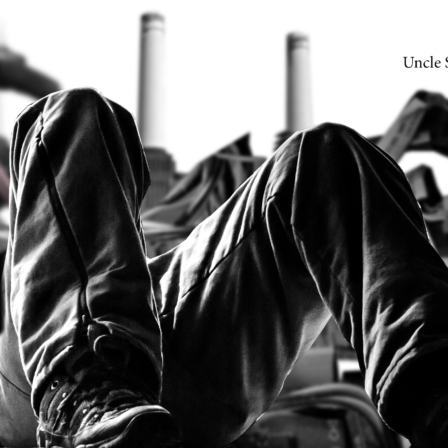

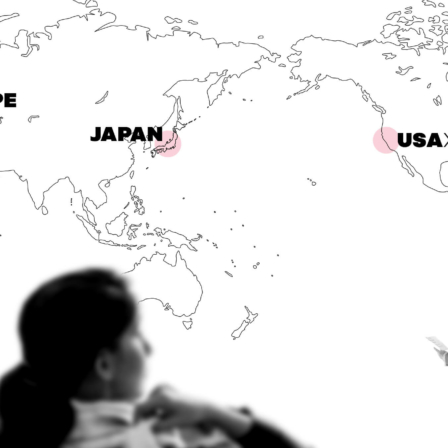

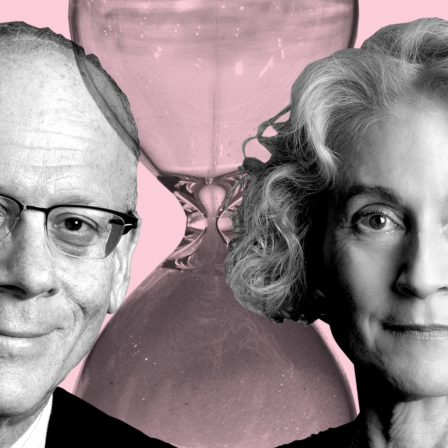
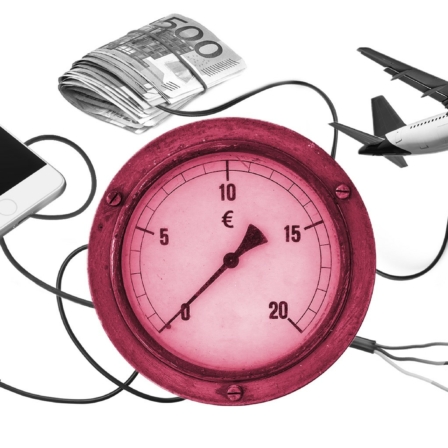






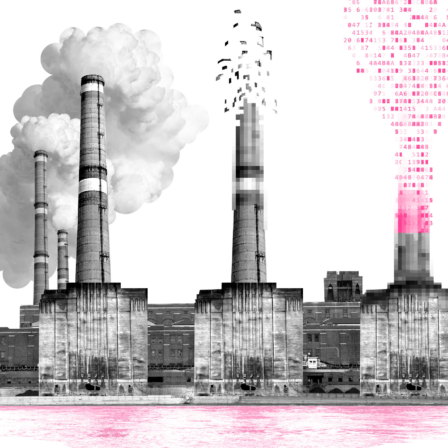
Other articles
Share these too.